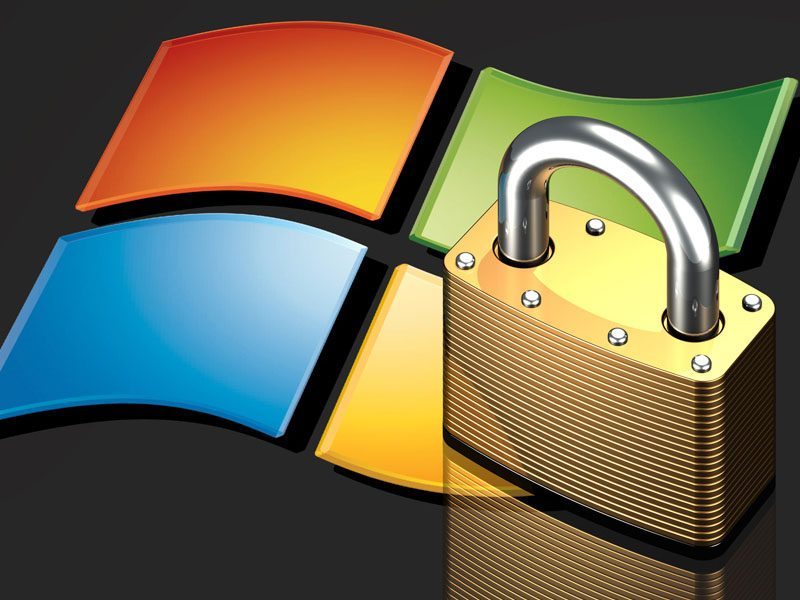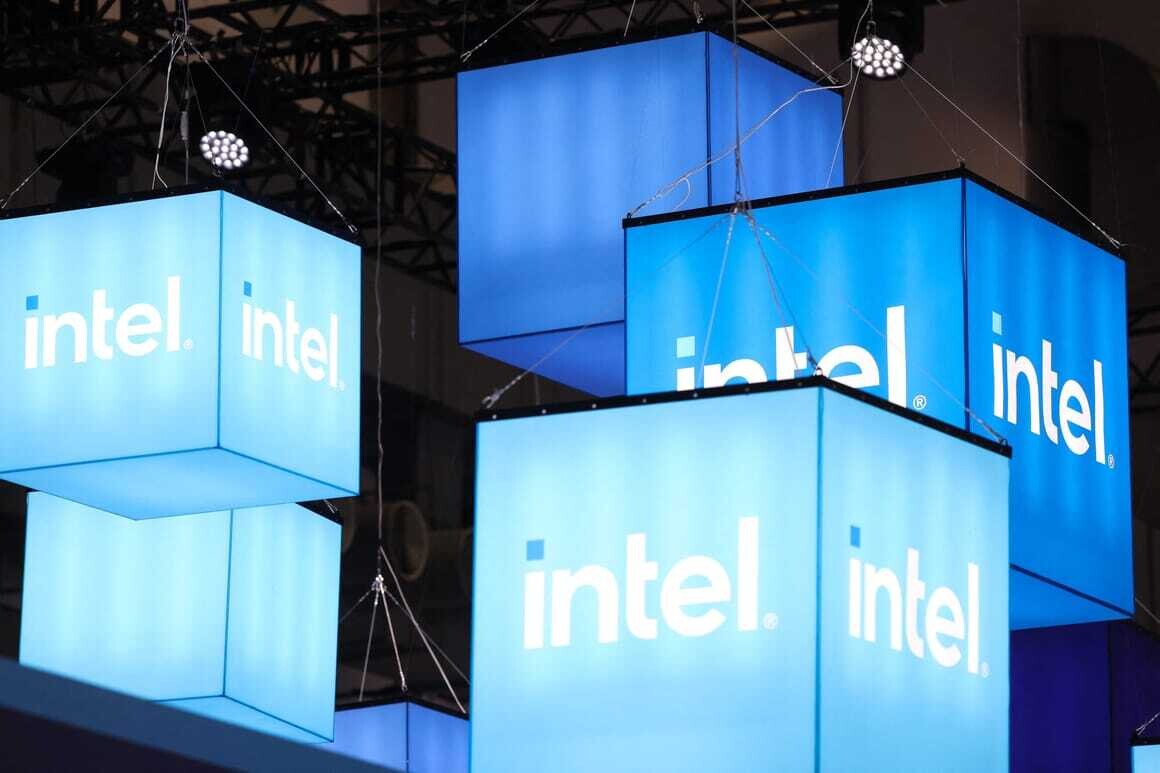Digital Ransom Demands Skyrocket In The UK

Digital Ransom Demands Skyrocket In the UK by Anything Up To £150,000
Towards the beginning of last year, I predicted that 2017 would be rampant with lock-out malware specifically designed to random your systems. A little over 2 months later the Wannacry epidemic launched. Admittedly, this wasn’t much of an insight for anyone who was familiar with the type of malware. I was perhaps just more aware of the potential it had before the mainstream media took up their panic.
With many home users and businesses having their data locked out via ransom programs, its estimated that several hundreds of millions have been paid out throughout the world to unlock computers. Possibly even billions.
With protections now being in place to try and prevent this though, it seems that those creating and continuing to distribute this software have had to adjust their greed accordingly.
As such, in a report via the Telegraph, these random malware programs are now demanding figures as high as £150,000 to unlock computers.

How does it work?
The malware is usually transmitted via an e-mail. The e-mail will generally tend to have an attachment with a rather benign title. ‘Invoice’ or ‘Statement’ is quite common. These names are very deliberately chosen as businesses will often open several e-mails a day with such attachments. One opened though, the attachment, put simply, encrypts all of your system’s data.
Upon rebooting the system you will be greeted with a blank desktop with usually a background image or pop up telling you how and where to pay to unlock your system files. Recovering these yourself is near impossible, you are therefore left with a choice. To pay the ransom or to lose your data. As above though, with more protections in place now, these scammers are now upping their ransom demands.
Our best advice in this remains the same. Be critical of any emails you receive. Particularly those with attachments and from sources you don’t recognize. When in doubt, do not open them. If you do operate a business, consider replying to the e-mail for confirmation of the contents of the attachment.
What do you think? Surprised at the increase in the level of greed? Can a similar malware epidemic strike again? In addition, were you affected by this and did you pay the ransom? – Let us know in the comments!













